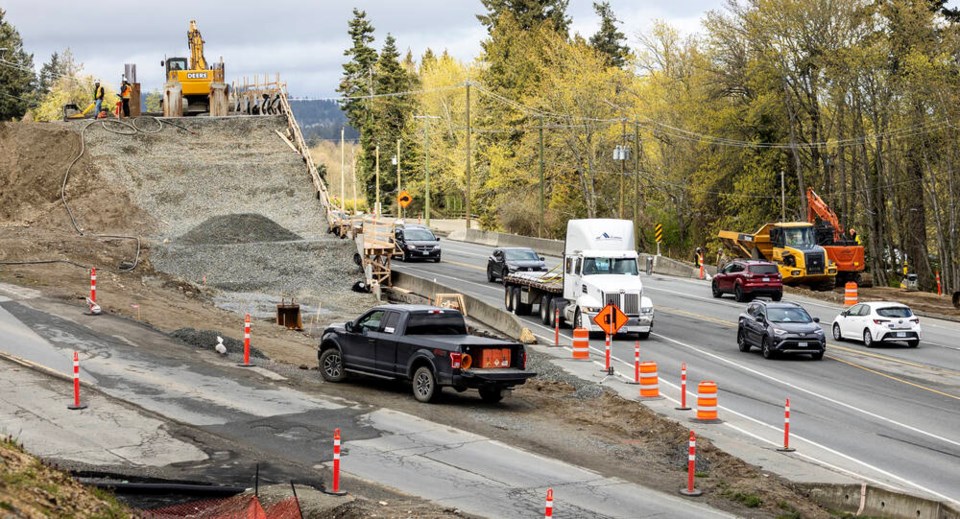A commentary by the B.C. regional director of the Progressive Contractors Association of Canada.
Music buffs may remember The Who’s hit single Won’t Get Fooled Again. Although the song was released a half century ago, it could very well become the new mantra for a generation of defiant B.C. voters who want and expect more from their provincial government.
The governing New Democrats were described not so long ago as the Teflon government. Their 23 per cent hike in the carbon tax didn’t seem to matter, or that their latest high-spend budget fuels a record-breaking deficit of $7.9 billion, which will cost each British Columbian $977 in debt servicing costs by 2026/27.
Now, despite provincial measures aimed at delivering more homes to middle income earners, Hydro rebates and increases to the B.C. Family Benefit fund, this government’s once resilient veneer appears to be wearing thin.
Findings from the research firm Pollara provide a unique perspective into the mindset of British Columbians in the months leading up the October provincial election.
Across demographics and regions, the firm has been measuring how Canadians feel about their governments and the state of the economy through the “Rage Index,” which has reached a new high.
While the Rage Index is the highest in Ontario and Alberta, for the first time in nearly two years of tracking, there was a 16-point spike in B.C., with the majority of British Columbians (54 per cent) feeling negative about their provincial government.
The index shows people between the ages of 44 and 59, who make up Gen X, are the angriest generation in Canada right now, including B.C.
No doubt, many of these frustrated British Columbians are construction workers, who have good reason.
Although they’re part of a sector that contributes $25.4 billion to the province’s GDP each year, 85 per cent of B.C.’s construction workers are not allowed to build many key public projects that their tax dollars help fund.
British Columbia is the only province in Canada with labour laws that prevent the vast majority of construction workers from building public infrastructure projects like the Pattullo Bridge Replacement, Trans-Canada Highway widening, the new Cowichan District Hospital and others. The reason is simple: these construction workers aren’t carrying the right union card.
This covert labour law has a ripple effect across the entire B.C. economy. When contractors must be affiliated with minority Building Trades Unions in order to bid on projects, the end result is predictable: there are fewer bids.
Years of research by the independent Cardus think tank confirms that when competition is restricted, taxpayers wind up paying an average of 21 per cent more for public construction projects.
Just look at the cost of the new Cowichan District Hospital, now pegged at $1.4 billion, well beyond the original estimate of $350 million.
In B.C., that translates into billions of millions of dollars in public funding that’s benefitting select unions, rather than going toward new community centres, health care, more affordable housing or offsetting the massive deficit.
While the latest Angus Reid poll shows the New Democrats remain the front runners at 41 per cent support among decided voters, it also indicates this race is by no means a slam dunk, given that half of B.C. Conservatives and an equal number of B.C. United supporters would consider switching, if either party had a chance of defeating the NDP.
A B.C. government news release marking the end of the legislative session, quotes Premier David Eby as saying that his government “takes action to make life better, rather than leaving you to fend for yourself against powerful interests like speculators and wealthy investors.”
However, the release fails to mention special interests, like certain unions.
Before election day, there will be plenty of research that gauges public sentiment. But it’s beginning to look a lot more like B.C. voters won’t get fooled again.
>>> To comment on this article, write a letter to the editor: [email protected]




